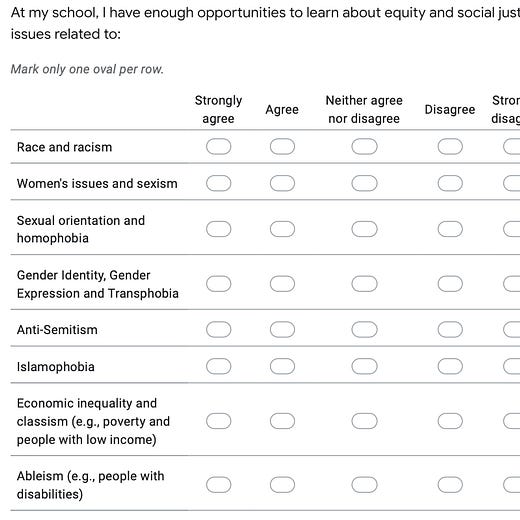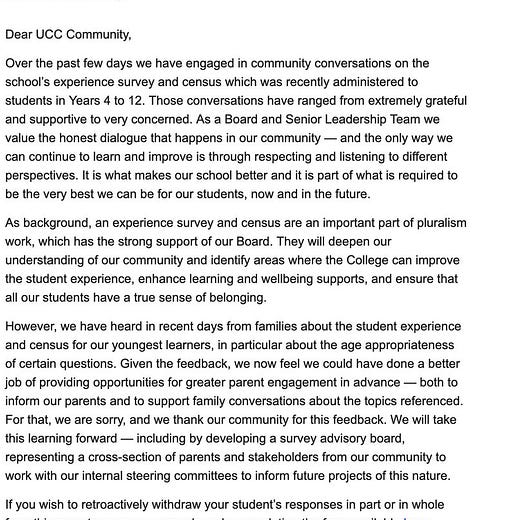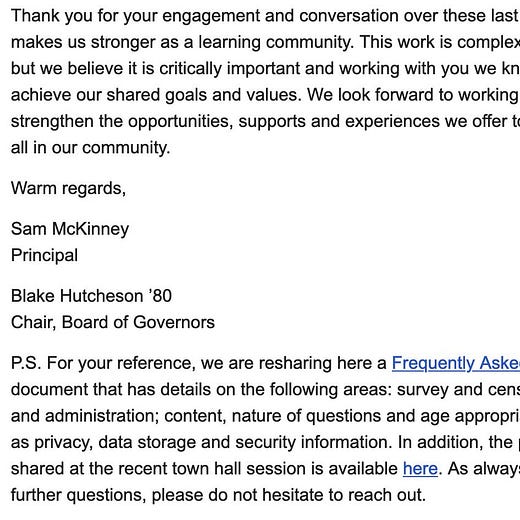E-Pluribus | May 9, 2022
Paradise wasn't John Milton's only concern, the Left's hypocrisy on democracy, and the Right's ignorance of its own history.
A round-up of the latest and best writing and musings on the rise of illiberalism in the public discourse:
John J. Miller: A Ringing Defense of Free Speech
While John Milton is best remembered for Paradise Lost, he was also quite concerned about free speech lost. In The Wall Street Journal, John Miller recalls Milton’s “Areopagitica,” perhaps the first major treatise decrying illiberalism in an age when illiberalism ruled the day.
“Give me the liberty to know, to utter, and to argue freely according to conscience, above all liberties,” wrote Milton, in a line that has echoed across centuries. Another famous passage is engraved above the entrance to the reading room of the New York Public Library: “A good Booke is the pretious life-blood of a master spirit, imbalm’d and tresur’d up on purpose to a life beyond life.” That may sound like extravagant nonsense, but Milton was deadly serious. He equated censorship with murder: “Who kills a Man kills a reasonable creature, Gods Image; but hee who destroyes a good Booke, kills reason it selfe, kills the image of God.”
Amid the rousing rhetoric and lofty abstractions, “Areopagitica” offers a compelling case for the social value of free expression: “Where there is much desire to learn, there of necessity will be much arguing, much writing, many opinions; for opinion in good men is but knowledge in the making.” Restricting it, wrote Milton, “will be to the discouragement of all learning, and the stop of Truth.” Even “bad books” have a role, as “they to a discreet and judicious Reader serve in many respects to discover, to confute, to forewarn, and to illustrate.” Their challenges promote the development of morals: “I cannot praise a fugitive and cloister’d vertue, unexercis’d & unbreath’d, that never sallies out and sees her adversary.”
Milton also imagined “ridiculous and weary” efforts to extend prohibitions beyond printers and mocked them. “No musick must be heard,” he wrote, “but what is grave.” Be wary even of a sanctioned song that has a good beat: “There must be licencing dancers, that no gesture, motion, or deportment be taught our youth but what by their allowance shall be thought honest.” And watch what you wear: “Our garments also should be referr’d to the licencing of some more sober work-masters to see them cut into a less wanton garb.” A censor ultimately acts in futility, he wrote, like “that gallant man who thought to pound up the crows by shutting his Parkgate.”
Read the whole thing.
Andrew Sullivan: How Dare They!
Borrowing from Vice President Kamala Harris to title his latest post at The Weekly Dish, Andrew Sullivan calls out the left for the unhinged hyperbolic reactions to the impending Dobbs decision from the Supreme Court that is likely to end the reign of Roe v. Wade. Despite the lip service they pay to “democracy,” Sullivan says the left is more than ready to jettison its principles when things don’t go its way.
In opposition to Roe, many in the GOP want bans on abortion even in cases of rape and incest. That’s in Kentucky, Arizona, Oklahoma and Florida. Talk about a wedge issue! J.D. Vance, the avatar of Republican illiberalism, favors no exceptions.
A healthy political party would thrill at this opportunity — a winning issue where the GOP has gone off the deep end. In the states likely to “trigger” total bans if Roe falls, “43 percent of adults on average say abortion should be legal in most or all cases, while 52 percent say it should be illegal in most or all cases.” That’s a highly winnable fight. In states which might re-enact some kind of abortion restrictions, “an average of 49 percent of adults say abortion should be legal in most or all cases, compared with 45 percent who say otherwise” — even more promising terrain for Democrats.
So why the preference for terror, fear and rage on an issue where the public remains deeply conflicted? I have two thoughts. The first is that many Democratic elites really do not trust the American people. They have a resilient belief that a huge segment of this country is rotten, bigoted, racist and, yes, deplorable. Here’s the president today: “I’m not prepared to leave [abortion policy] to the whims of the public at the moment in local areas.” Whims of the public! We used to call that democracy.
[…T]he cost of imposing one side’s extreme view on everyone else and taking the question out of politics altogether is huge. It has delegitimized our democracy and the courts, has helped spawn a powerful reactionary movement from Reagan to Trump, and empowered unhinged Christianism. Sometimes I wonder if we’d be a far more liberal (and saner) country today if the left hadn’t overreached so massively in 1973, on such weak constitutional grounds, and refused to budge so doggedly thereafter.
The flip-side to this, however, is the opportunity we now have to repair that damage. Abortion, if we wanted, could actually be an issue that restores health to a polarized polity by forcing us to come to various forms of compromise over an issue we’ve debated entirely in the abstract until now. We can no longer punt it.
Read it all here.
Matthew Continetti: How the Right Misunderstands Its History
Matthew Continetti of The Washington Free Beacon is out with a new book, and has adapted an excerpt for National Review related to misconception of the Right within its own ranks. Continetti argues that a deeper and unvarnished look at the roots of conservatism is necessary to understand current trends and to enable to movement to fully and coherently address today’s political and social concerns.
To understand the American Right in the third decade of the 21st century, you have to go back not to 1955 but to the third decade of the 20th century — when the modern Right seemed well entrenched and Presidents Warren G. Harding and Calvin Coolidge identified rapid economic growth with fidelity to limited constitutional government, patriotism, and piety. You must see how this conservative status quo was delegitimized twice over. First the Great Depression robbed the Right of its claim to prosperity. Then World War II discredited the Right’s noninterventionist foreign policy.
Fierce opposition to communism made post-war American conservatism distinct. Anti-communism became the touchstone for the religious and economic conservatives, foreign-policy realists, and ex-communists of the Cold War Right. To really know conservatism, you have to see how the bipartisan anti-communist foreign policy of containment broke down in the jungles of Vietnam. Anti-communist liberals and the “hard hat” working-class voters of the “silent majority” found themselves driven away from their party and into the GOP.
You have to understand that from 1947 to 1989, national security was the paramount concern of national life. The Cold War loomed over America in ways difficult to relate to someone born after 1991. The slaughter of World War II was within living memory. Nuclear war could end civilization, and political freedom stood on a precipice. The world was less free and less rich than it is today. For most of the men and women who made the conservative movement, there was no greater threat than a communist world. That danger required compromises. And it could lead to extremes.
The Cold War revived the anti-communist American Right. It provided the impetus for conservatism’s growing network of institutions. The conservative establishment began as a response to New Deal liberalism at home and to Soviet totalitarianism abroad. It grew as crime, inflation, and national humiliation discredited the Democratic Party in the eyes of voters. It culminated in a Republican governing class under the administrations of Ronald Reagan and George H. W. Bush.
Read it all.
Around Twitter
Via Jonathan Kay, the story of a north-of-the-border woke private school’s gender-identity initiatives that ran into a parental buzzsaw:
The tension between teachers’ free speech and parental rights continues to divide the educational community. Via Heterodox Academy and The Hill, Jonathan Zimmerman of the University of Pennsylvania writes in support of teachers:
And finally, it’s too late for this year, but mark your calendars now for 2023!















